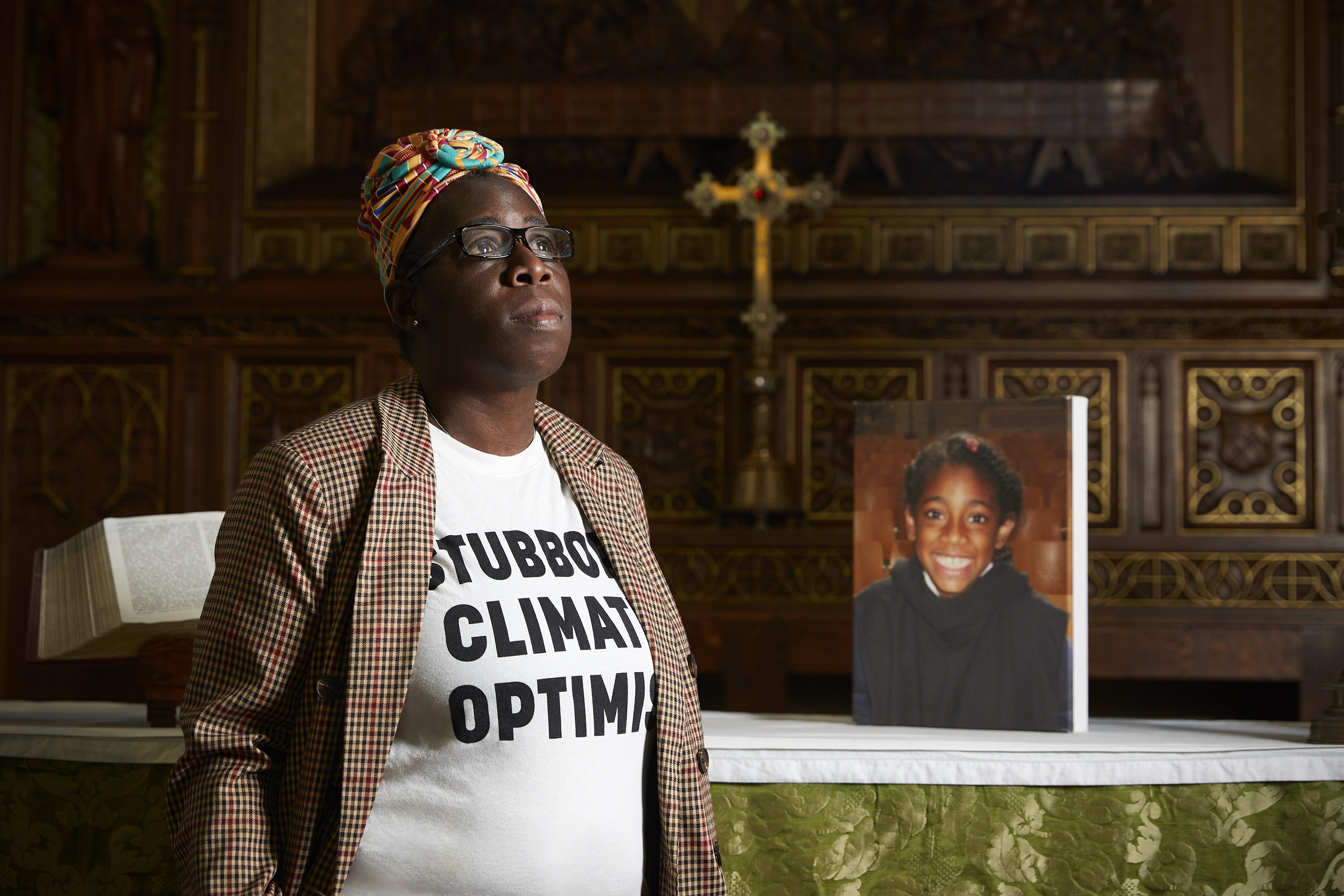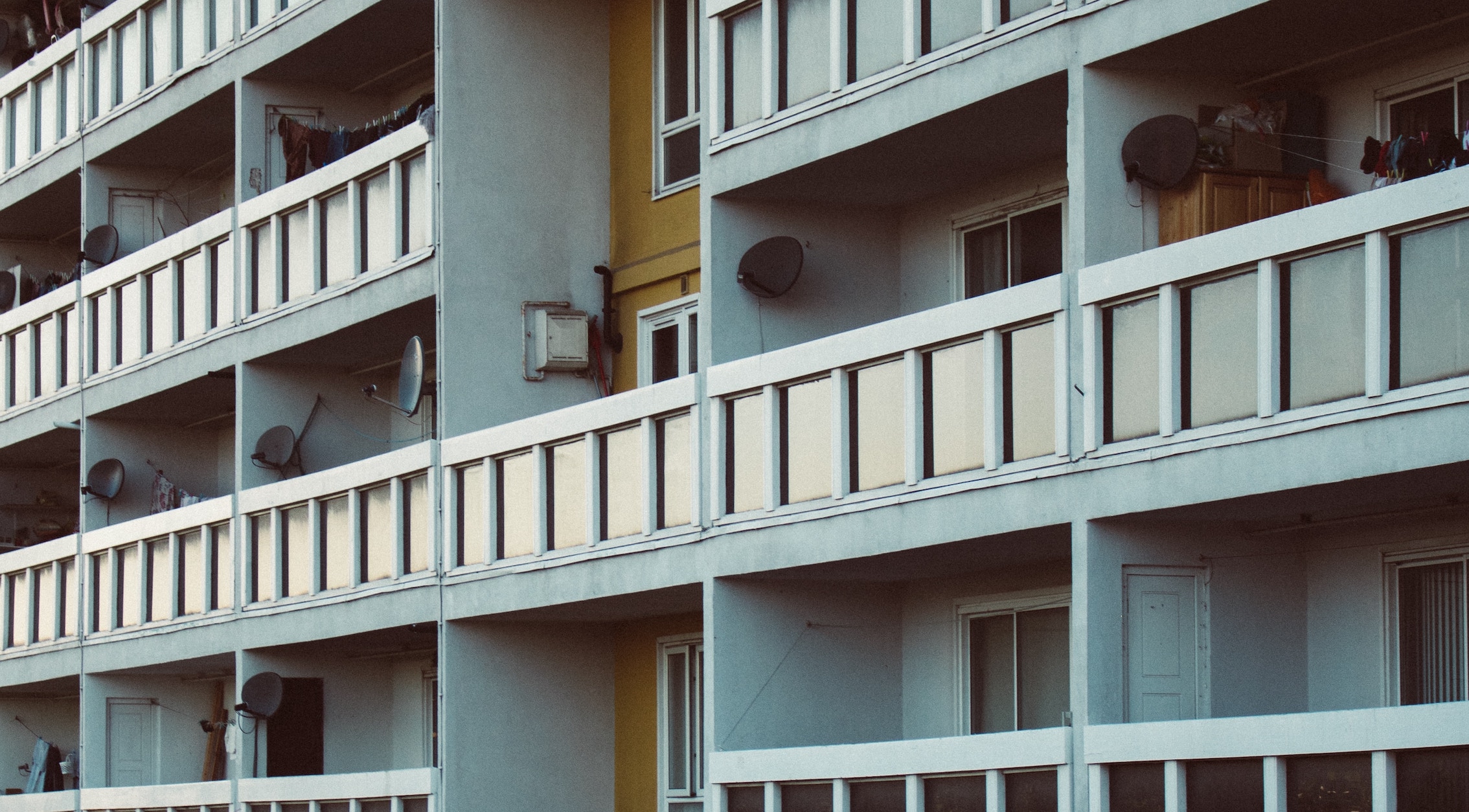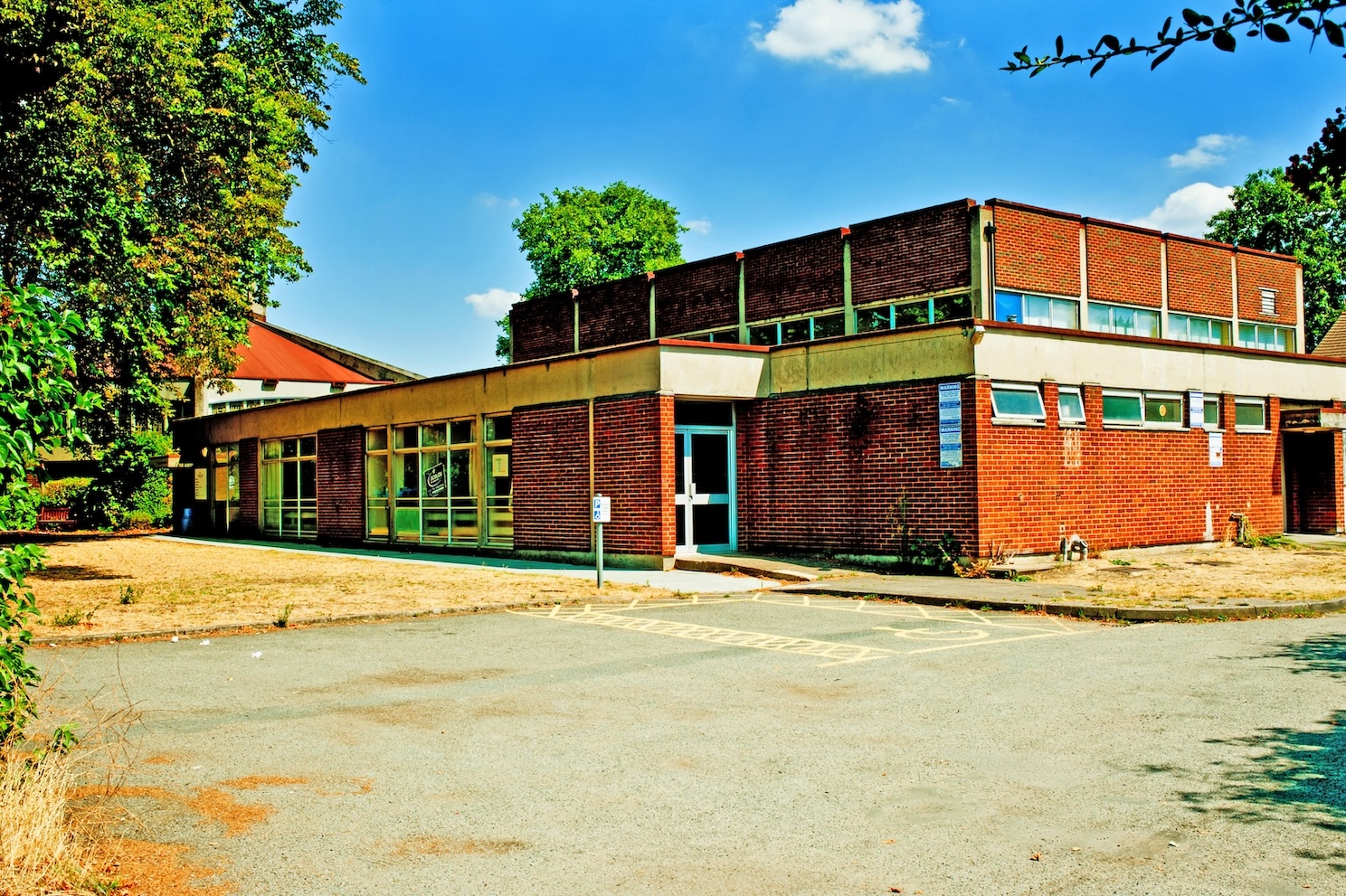Susan Hall’s reactionary Conservative manifesto paints bleak vision of London
London Mayoral candidate Susan Hall vows to scrap ULEZ on day one. Under her rule, the capital’s green and public health credentials would be under grave threat, and a question mark would loom over child poverty and affordable housing.
Imagine your dream city. I bet it's full of beautiful homes, parks, independent cafes and shops. Plus it’s easy and safe to get around.
Now add an endless procession of polluting cars on the road. How quickly are they going? 20mph? No, that’s not fast enough. Think of SUVs travelling at murderous speed. With Low Traffic Neighbourhoods (LTNs) reversed, you can forget about cyclists and children enjoying car-free roads. Then imagine distrustful police officers patrolling the streets. Give every single one a knife detection wand so they can harass random people of colour. Build more police stations - two in every borough. Add metal detector entrances to every school. And the beautiful houses you imagined? Not only are they constructed poorly, but they’re also built on flood plains because regulations went out of the window.
Is your dream city starting to sound horrible? I don’t mean to frighten you; these are just some of Susan Hall’s promises in her manifesto for Mayor of London.
The Conservative candidate, who is trailing behind current Labour mayor Sadiq Khan by over 10 points in the polls, has vowed to end the Ultra Low Emission Zone (ULEZ) on day one of office, remove “unwanted” 20mph limits and LTNs, heavily invest in policing to tackle knife crime with no mention of vital youth services, and clear the housing “backlog” by accelerating planning permissions. Not only does her vision for London reflect the Conservatives’ reactionary politics du jour, but it also paints a bleak future.
“We’re witnessing a classic attempt at divide and conquer; only Hall’s out-of-touch demeanour gives the game away.”
Since the start of her election campaign, Hall has been on a mission to undo almost everything London mayor Sadiq Khan has achieved in his eight years in office, under the guise of caring for the poor. Yet under her rule, the capital’s green and public health credentials would be under grave threat, and a question mark would loom over child poverty and affordable housing.
Hall continues to assert that the ULEZ charge affects the most financially disadvantaged. Yet it is London's poorest households who rely on public transport and breathe in polluted air daily. In a similar vein, she previously suggested that free school meals lead to “Londoners on the breadline” using their council tax to feed “children of millionaires”, a ludicrous claim when the policy only applies to state primary schools. Hall also stresses housing affordability, but on closer inspection, she only proposes increasing the housing supply for private rent and ownership. Unsurprisingly, there’s no mention of council homes. We’re witnessing a classic attempt at divide and conquer; only Hall’s out-of-touch demeanour gives the game away.
Much of Hall’s campaign seems to ride on her aggressive stance on ULEZ and other traffic calming measures - policies vital in cleaning up London’s air pollution and saving people’s lives. In 2015, before Khan came to the post, a report found that 9,500 Londoners were dying early each year due to long-term exposure to pollution. Since then, ULEZ was implemented in Central and Inner London boroughs in 2017 and 2019 respectively, and Outer London in August last year. This policy has reduced harmful nitrogen oxide levels by 46% in Central London and 21% in Inner London. Though Outer London research is yet to be published, 77,000 - or 45% of non-compliant cars - were taken off roads within the first month of its implementation.
Speaking plainly, reversing ULEZ would be terrible for public health. People’s lives should not be sacrificed for the benefit of polluting vehicles, especially in the country's capital, which has the highest percentage of households without cars or vans. Besides, drivers and other road users gain the most from improving traffic pollution as they face some of the highest exposures to carcinogenic diesel exhaust.
“We need serious interventions in our urban environments, such as retrofitting public buildings, harnessing clean energy where possible, and clearing up polluted waterways.”
Beyond ULEZ and traffic-calming measures being public health policies, we should be in the process of steadily decreasing our reliance on cars to meet vital environmental pledges. Transport is essential to reducing carbon emissions as it makes up over a fifth of total global emissions. It is also the biggest source of UK emissions, and cars are the biggest contributors. Yet Susan Hall, as well as the party she represents, has been rowing back on net-zero pledges. With the upcoming General Election, net zero is a hotly anticipated wedge issue.
Despite the bare minimum promises to plant trees, provide more hire bikes and add more electric charging points in her manifesto, Hall also says she wants to provide a “realistic path to net zero.” This may sound harmless, but in the context of other Tory reversals on green policy blamed on ‘realism’, it creates enough concern that she would let environmental policies slip off the agenda once in power. PSA: This April is set to be the 11th consecutive hottest month in a row on record.
In the new age of interlocking crises, the comorbidity of the cost-of-living crisis and climate change is bound to present unique challenges in our urban environments. Planting trees is not enough for crisis adaptation and mitigation - especially when the built environment contributes to around 40% of the world’s carbon emissions. We need serious interventions in our urban environments, such as retrofitting public buildings, harnessing clean energy where possible, and clearing up polluted waterways. The incumbent mayor is already offering these policies in line with his aim to have London hit net-zero by 2030, a full twenty years before the global 2050 target.
Evidently, Hall's approach to governing London is akin to burying her head in the sand and wishing for a return to the “good old days.” The future is already here, but Hall doesn’t want to deal with any of it.
The Lead is now on Substack.
Become a Member, and get our most groundbreaking content first. Become a Founder, and join the newsroom’s internal conversation - meet the writers, the editors and more.





